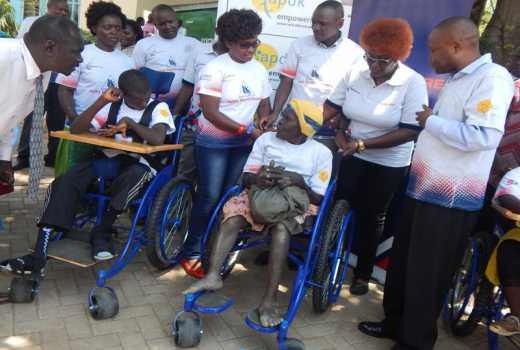
For many persons with disabilities to make a choice, on for example where to shop, where to eat, where to hold a meeting, which vehicle to use, which airline to use, which product to buy and numerous other transactional scenarios, it boils down to pertinent issues of how such businesses or companies respect and support the rights of persons with disabilities.
Successful businesses, organisations and companies have to realise that to reap maximum benefits from their services; they have to take into consideration the various needs of persons with disabilities either as employees, suppliers or customers.